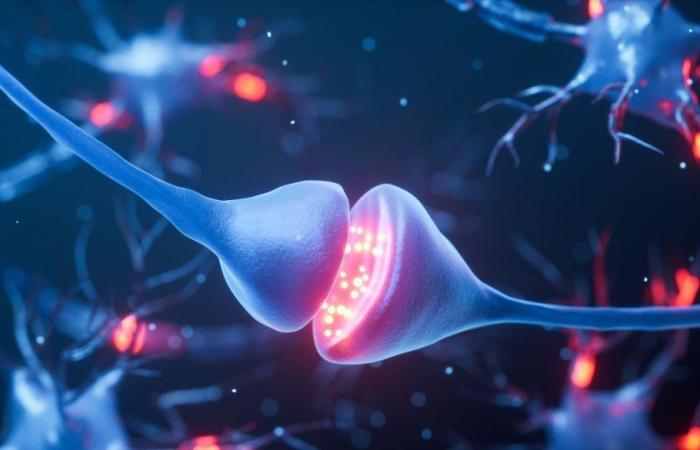A team from Laval University tested, on an animal model, the combined effects of a diet rich in omega-3 and physical activity on the symptoms and degeneration linked to Parkinson’s disease. Unlike research that focuses on disease prevention, the study focuses on what happens after diagnosis.
“Our work is encouraging for people who are already sick and for whom it is too late for prevention,” underlines Frédéric Calon, professor at the Faculty of Pharmacy who led the study.
The team tested whether there was any form of neurorestoration or functional recovery in the brain. “We did not see an increase in the number of neurons, as we cannot resuscitate them, but we saw an improvement in the dopaminergic system, involved in gross and fine motor skills,” specifies the professor, affiliated with the Research Center from the CHU de Québec – Université Laval.
Dopamine as a target
The neurons of this system seem to serve as a “button on-off» to allow the brain to make fine movements, such as drawing, and encoded movements, such as walking. “These movements are like programs in our brain and we need dopamine to access them. Parkinson’s disease makes this access difficult,” explains Professor Calon.
The team observed a synergistic effect of physical activity and omega-3 on the number of dopamine transporters. “Our results suggest that it is worth intervening with patients to encourage them to eat more omega-3 fatty acids, improve their diet and exercise. There can only be positive things.”
Knowledge transfer is an important point for the researcher, whose project is funded by Parkinson Canada. He also meets people from the Parkinson Estrie organization to encourage them to improve their diet. “Fish are a good source of omega-3s which go directly to the brain. There are also supplements in capsule form. The important thing is to avoid being in a situation of deficiency,” specifies the researcher, also a member of the Institute of Nutrition and Functional Foods.
The research was conducted in a mouse model, allowing the team to determine what is happening in the brain in a controlled environment. Professor Calon, however, mentions the importance of measuring the effects with clinical studies.
The study was published in the journal Neural Regeneration Research. The signatories are Olivier Kerdiles, Méryl-Farelle Oye Mintsa Mi-mba, Katherine Coulombe, Cyntia Tremblay, Vincent Émond, Martine Saint-Pierre, Clémence Rouxel, Line Berthiaume, Pierre Julien, Francesca Cicchetti and Frédéric Calon.






